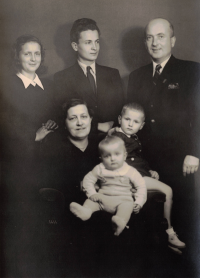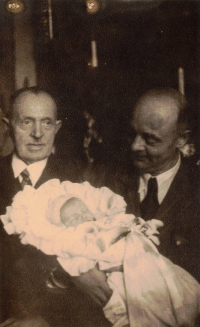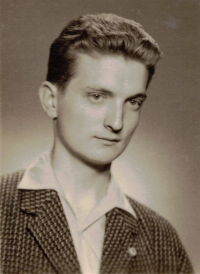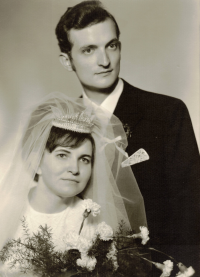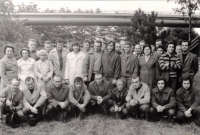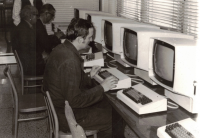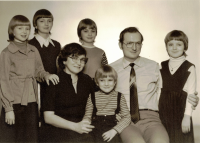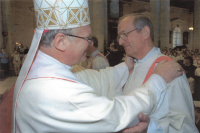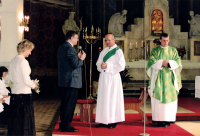My wife brought me to God and for that I remain extremely grateful
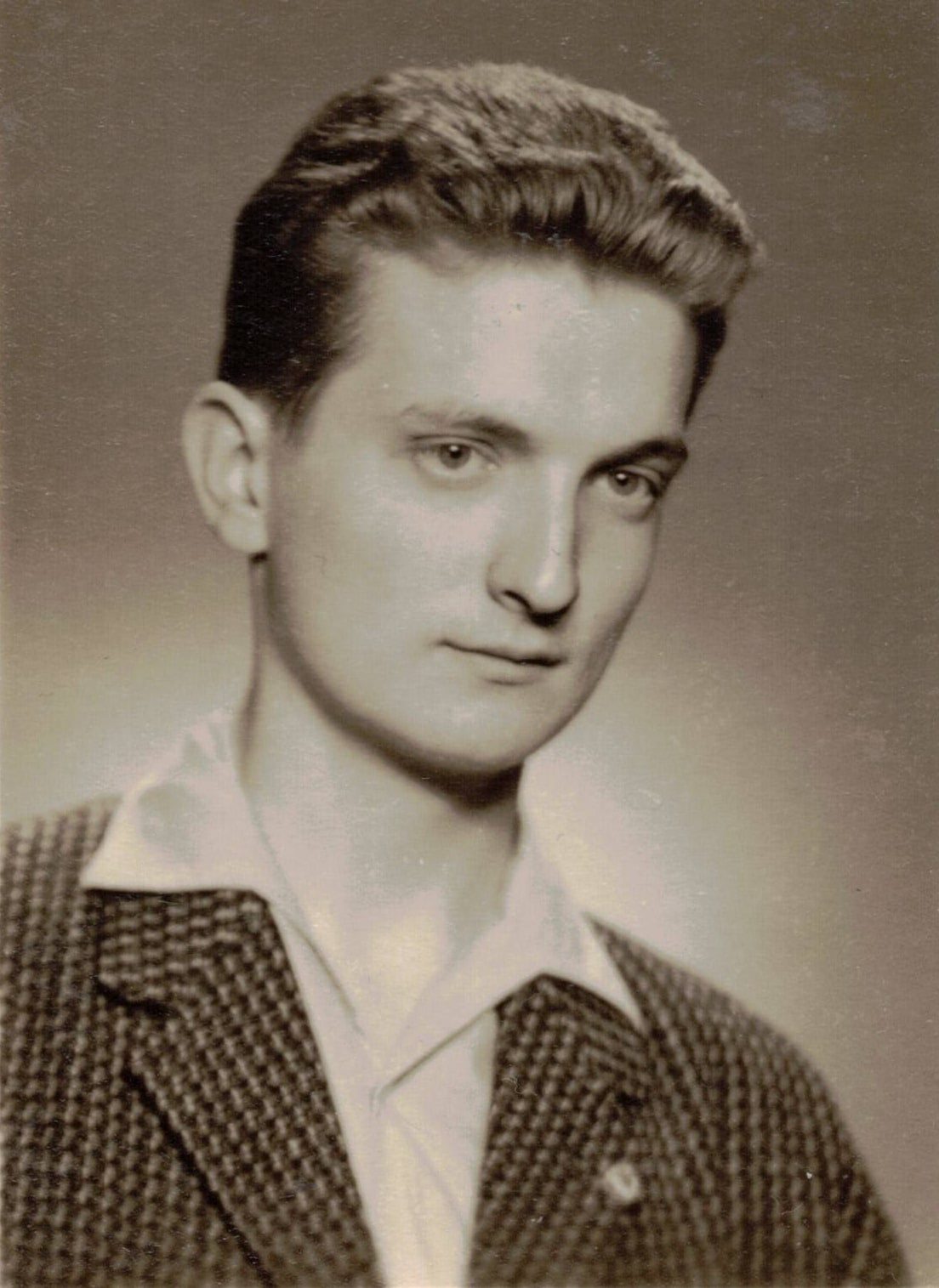
Download image
Jan Breník was born on December 31, 1945 in Prague. He spent his childhood in Roztoky near Prague with his parents and three siblings. The family’s life was affected by the poor health of the father. He graduated from primary school in 1960, then for political reasons he did not get into secondary school and trained at Nová Huť in Ostrava. After his apprenticeship, he worked in several professions in a general rolling mill on the contidrate line. In 1970, he married his wife Ludmila and together they raised five daughters. In 1979, he finished his evening studies at the industrial school with a high school diploma and started working in a medium-volume rolling mill. In the 1980s, he became the chairman of the local organization of the Czechoslovak People’s Party in Ostrava-Mariánské Hory. In autumn 1989, he became a member of the coordination center of the Civic Forum in Ostrava. In 1990, he became a co-opted deputy mayor of the ONV in Ostrava 1. In 2001, he began studying at the Cyril Methodist Theological Faculty of the Palacký University in Olomouc and was ordained a deacon in 2006. He then served at the parish in Mariánské Hory. In 2021 he lived in Ostrava.

